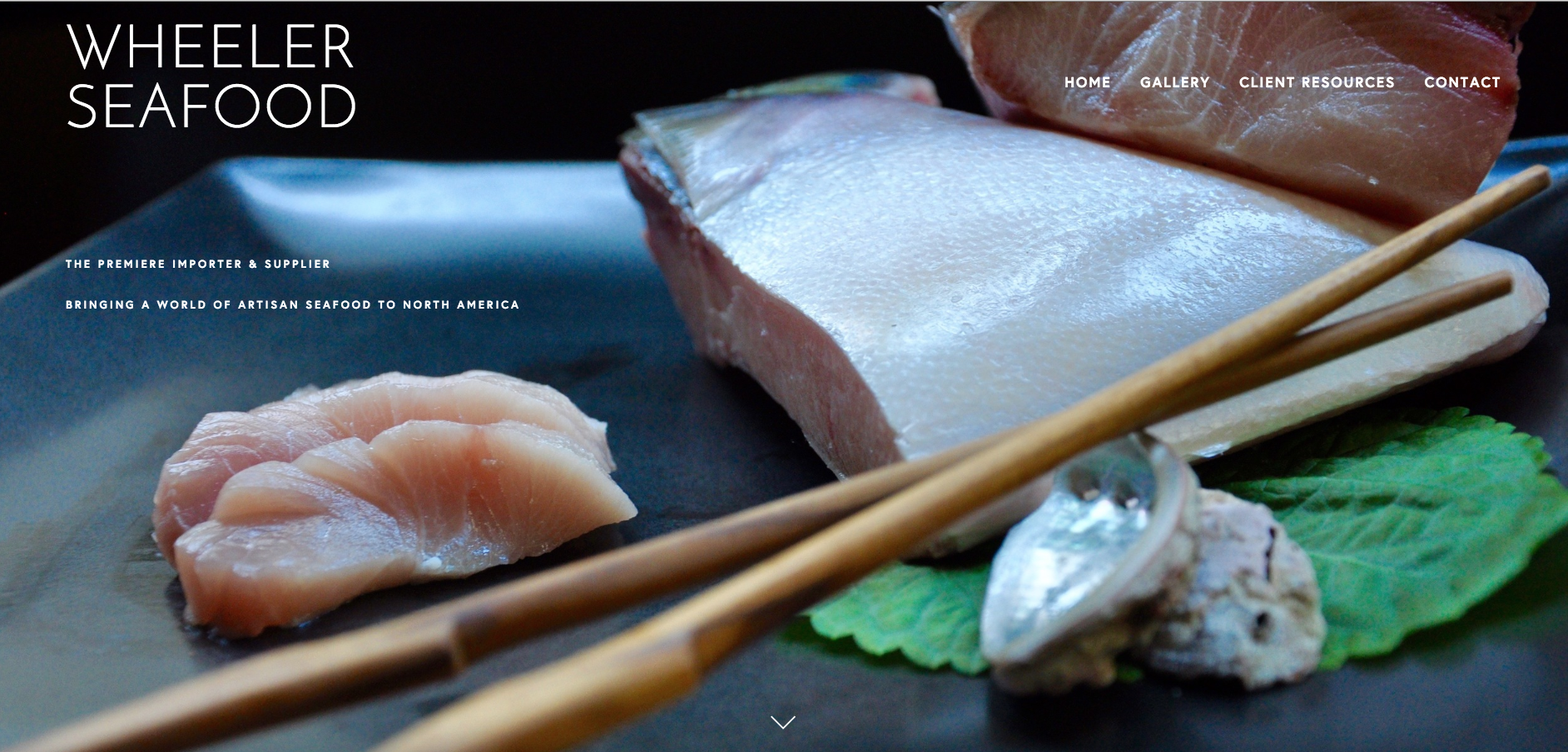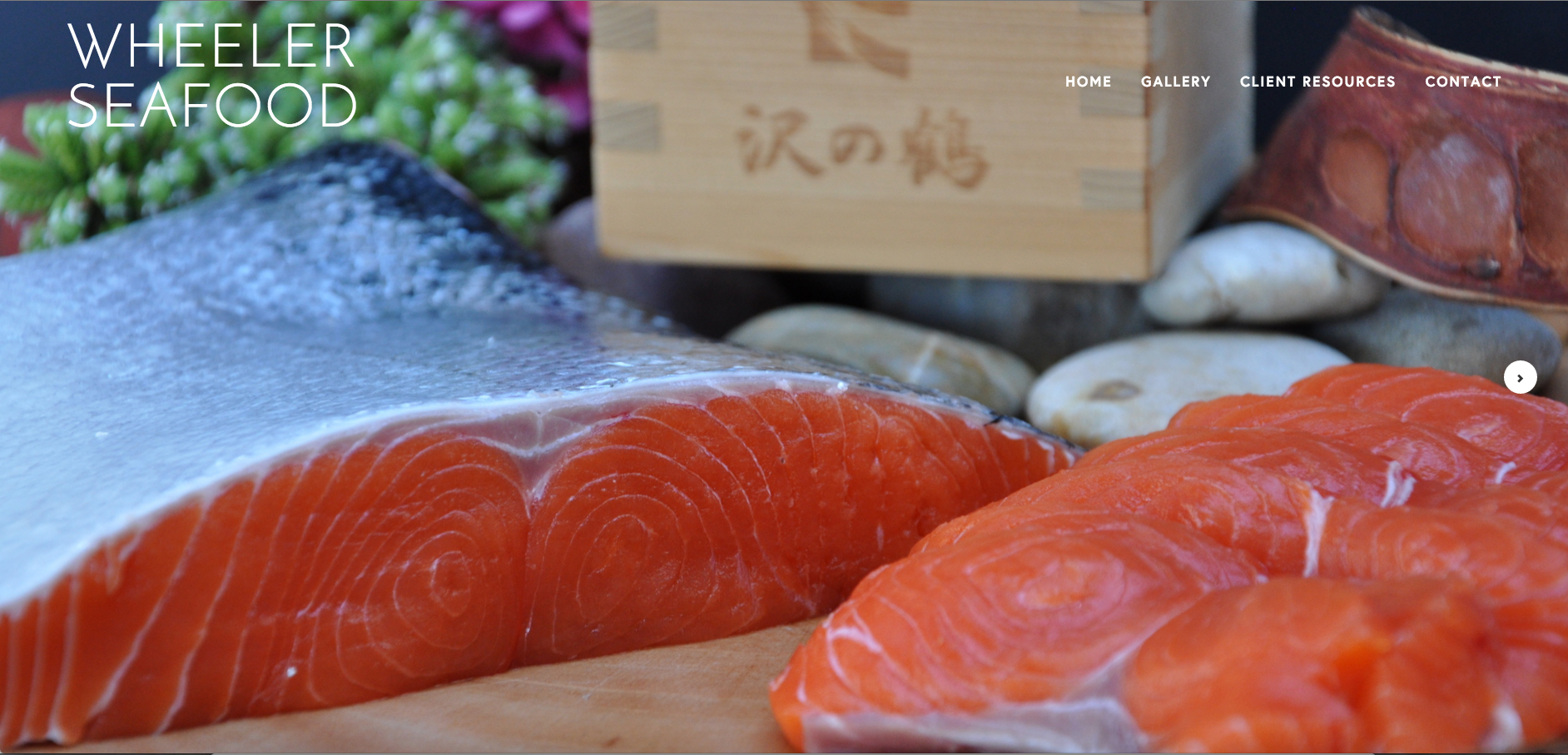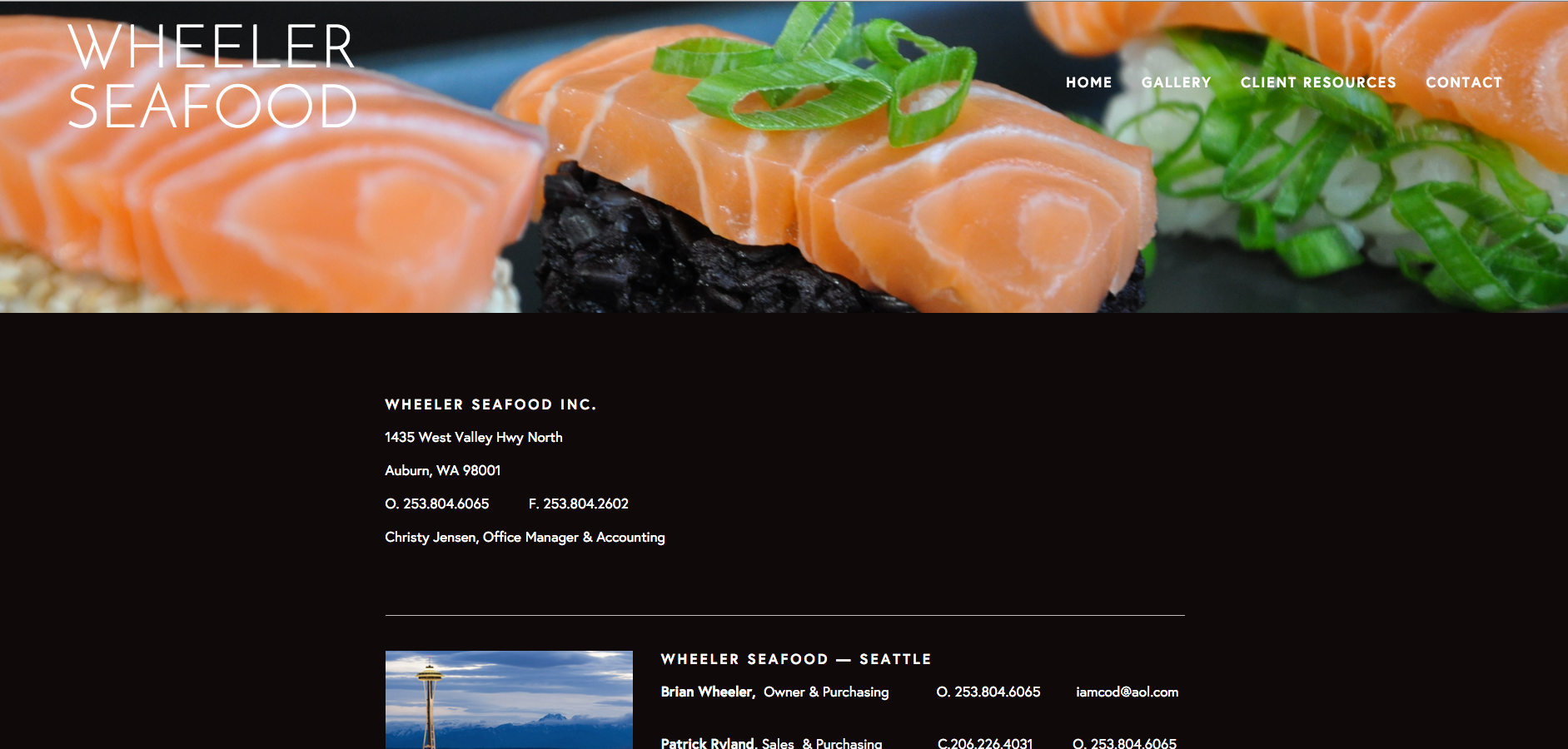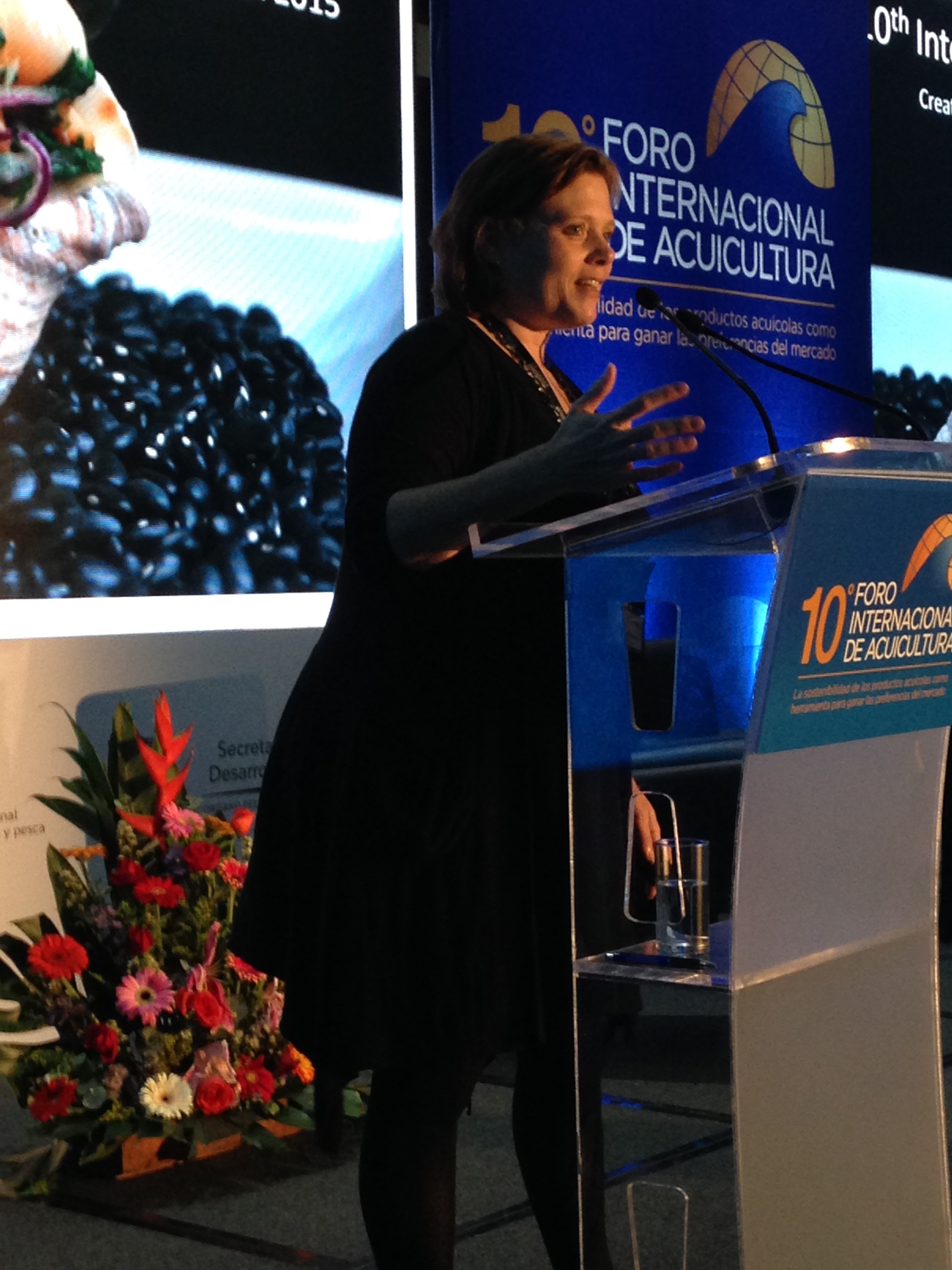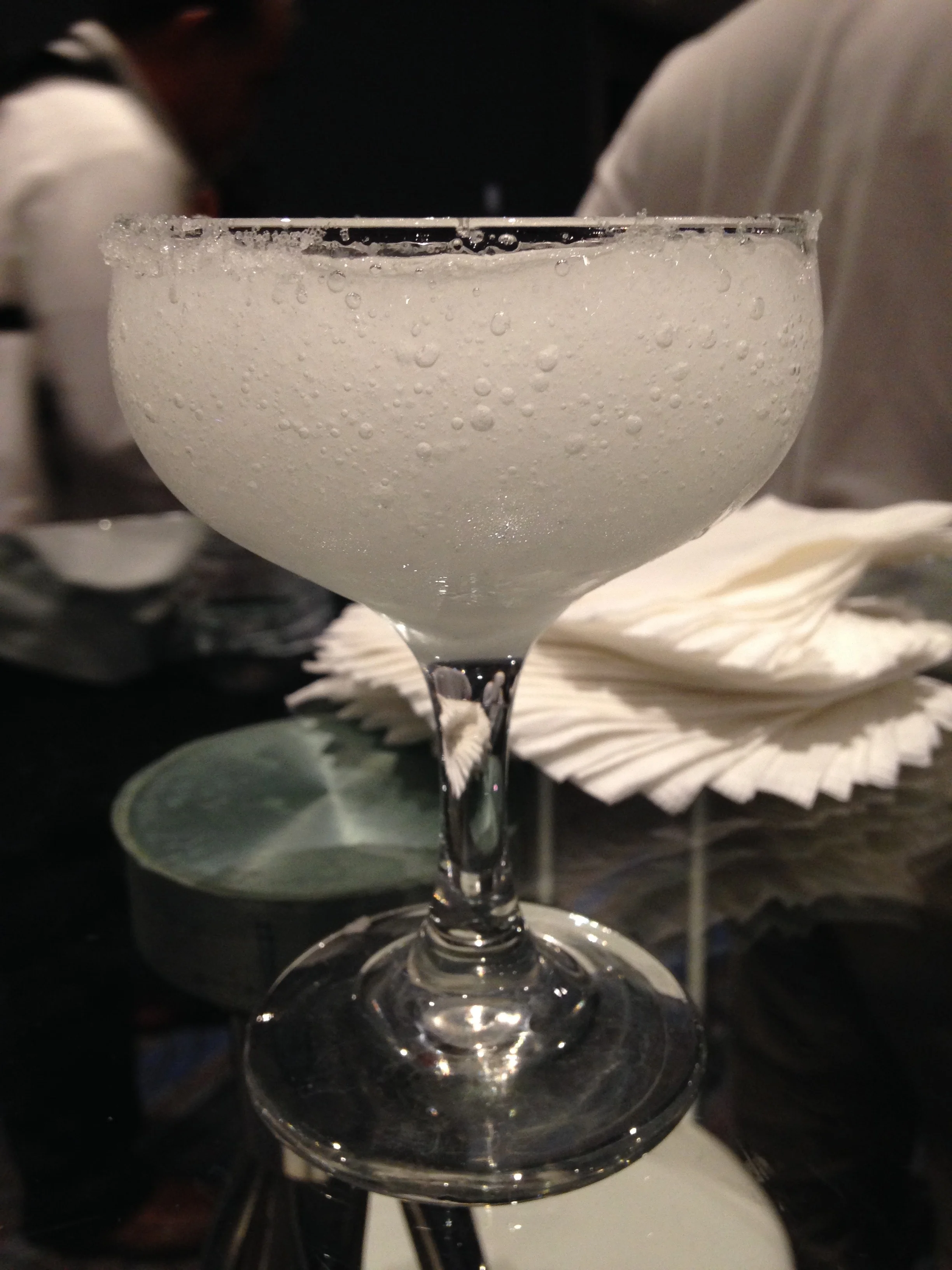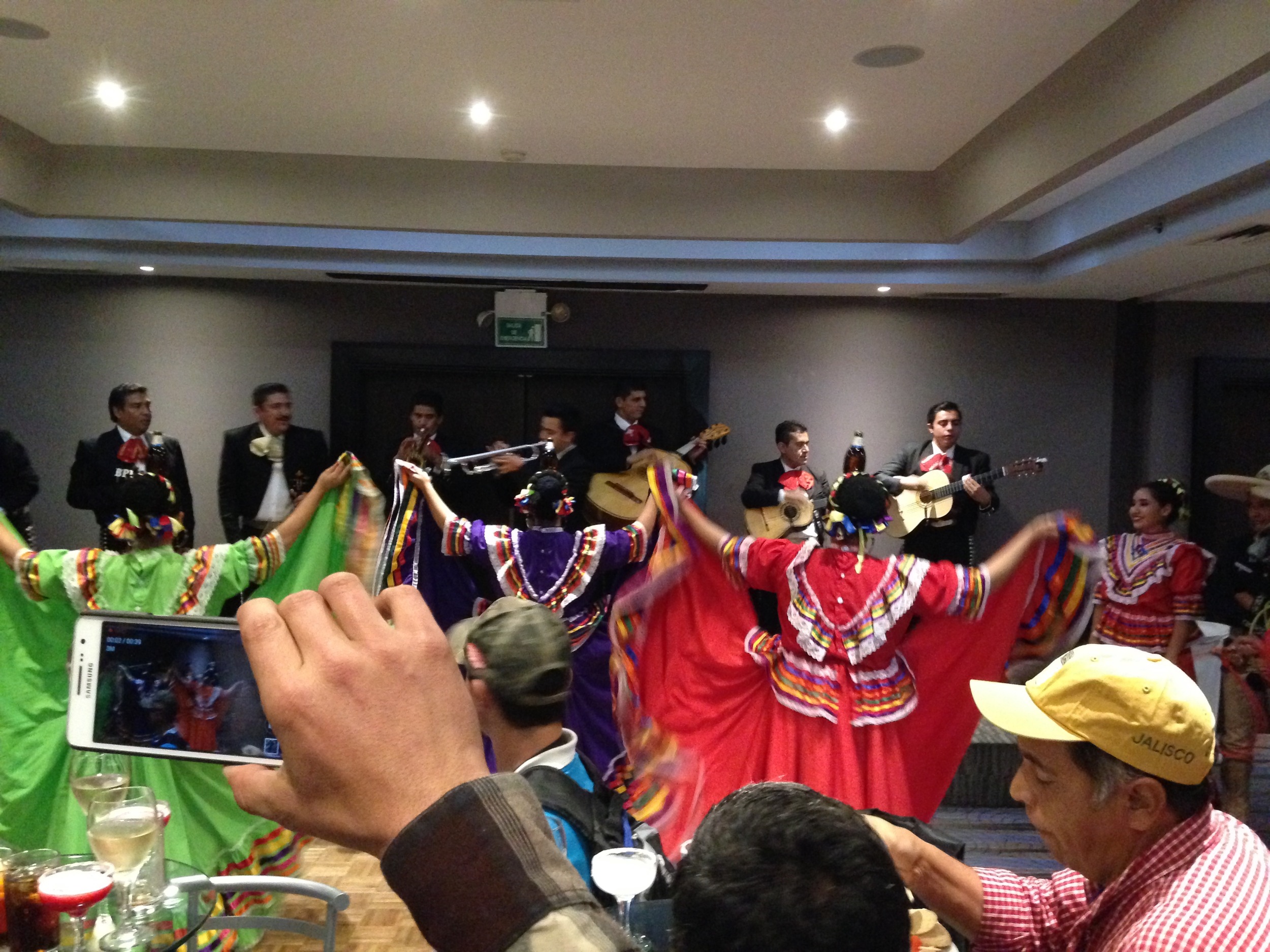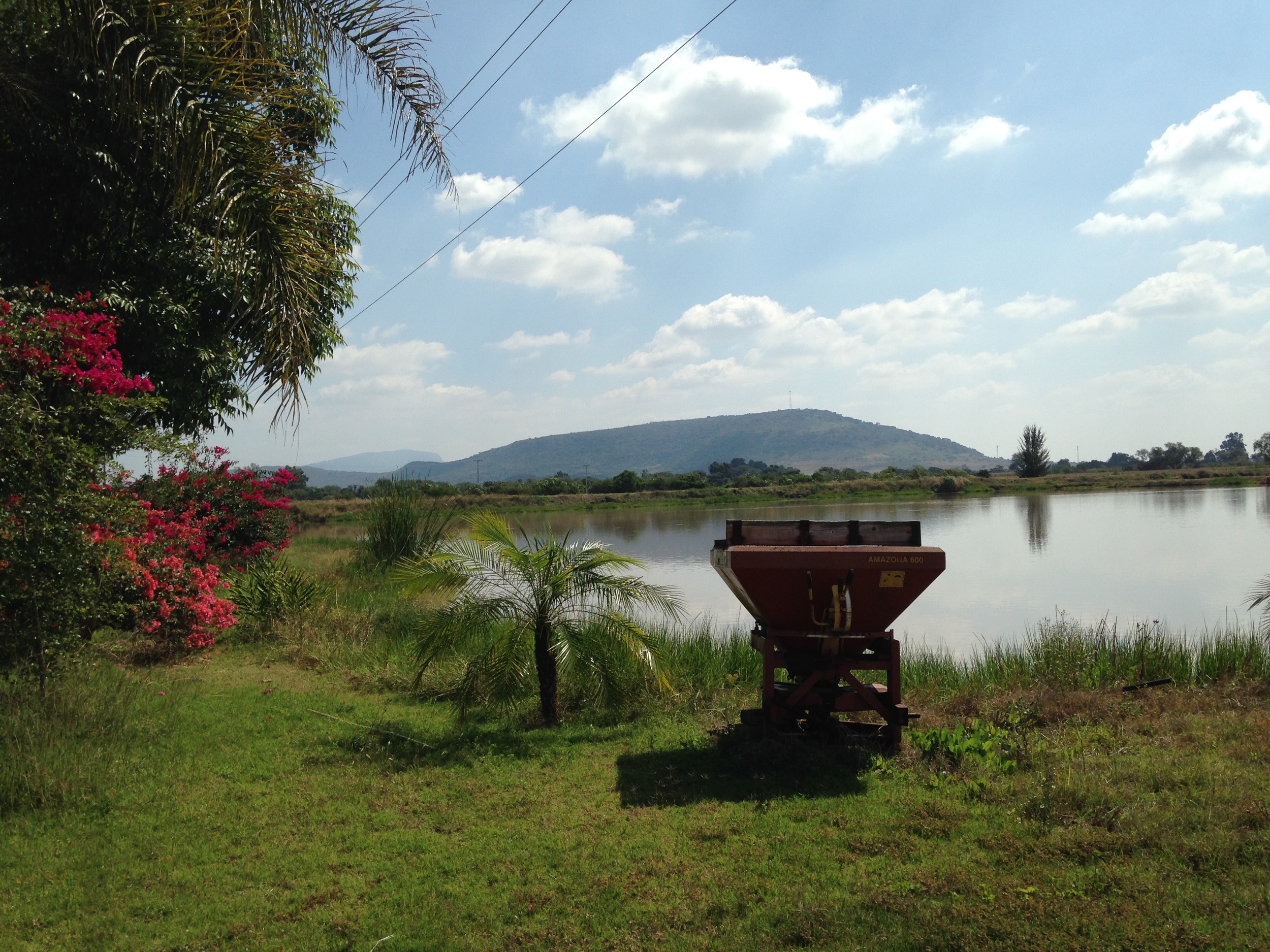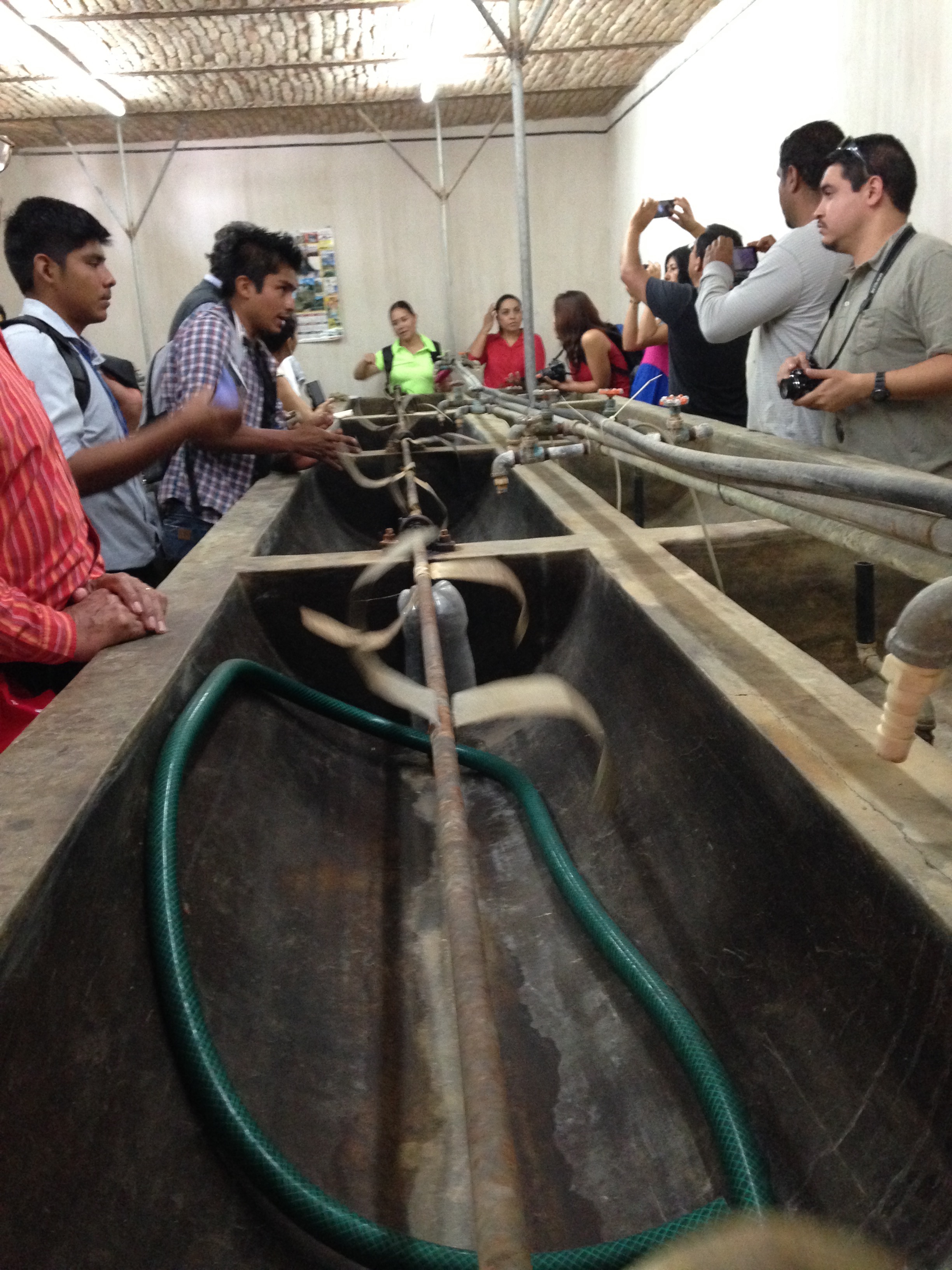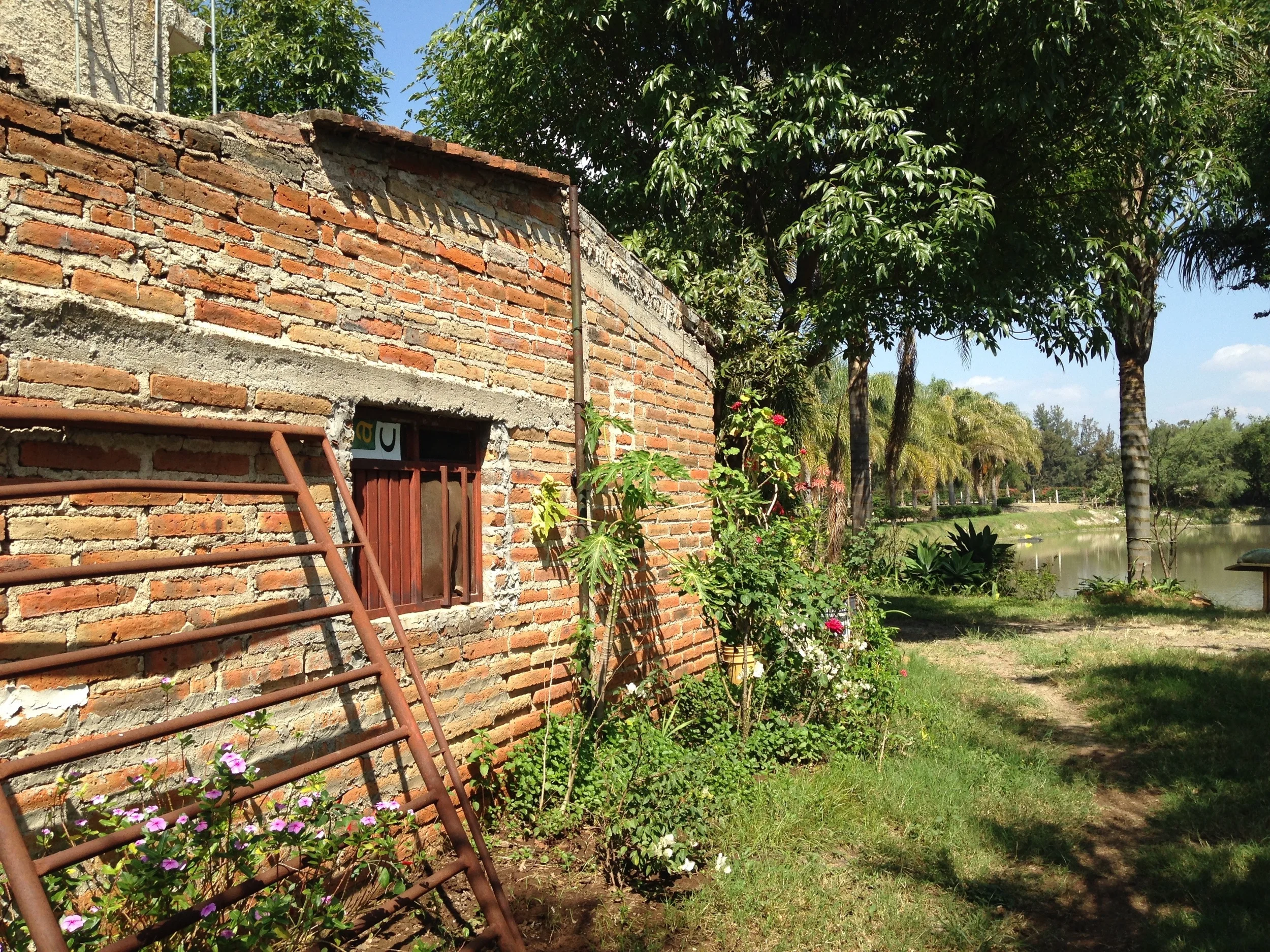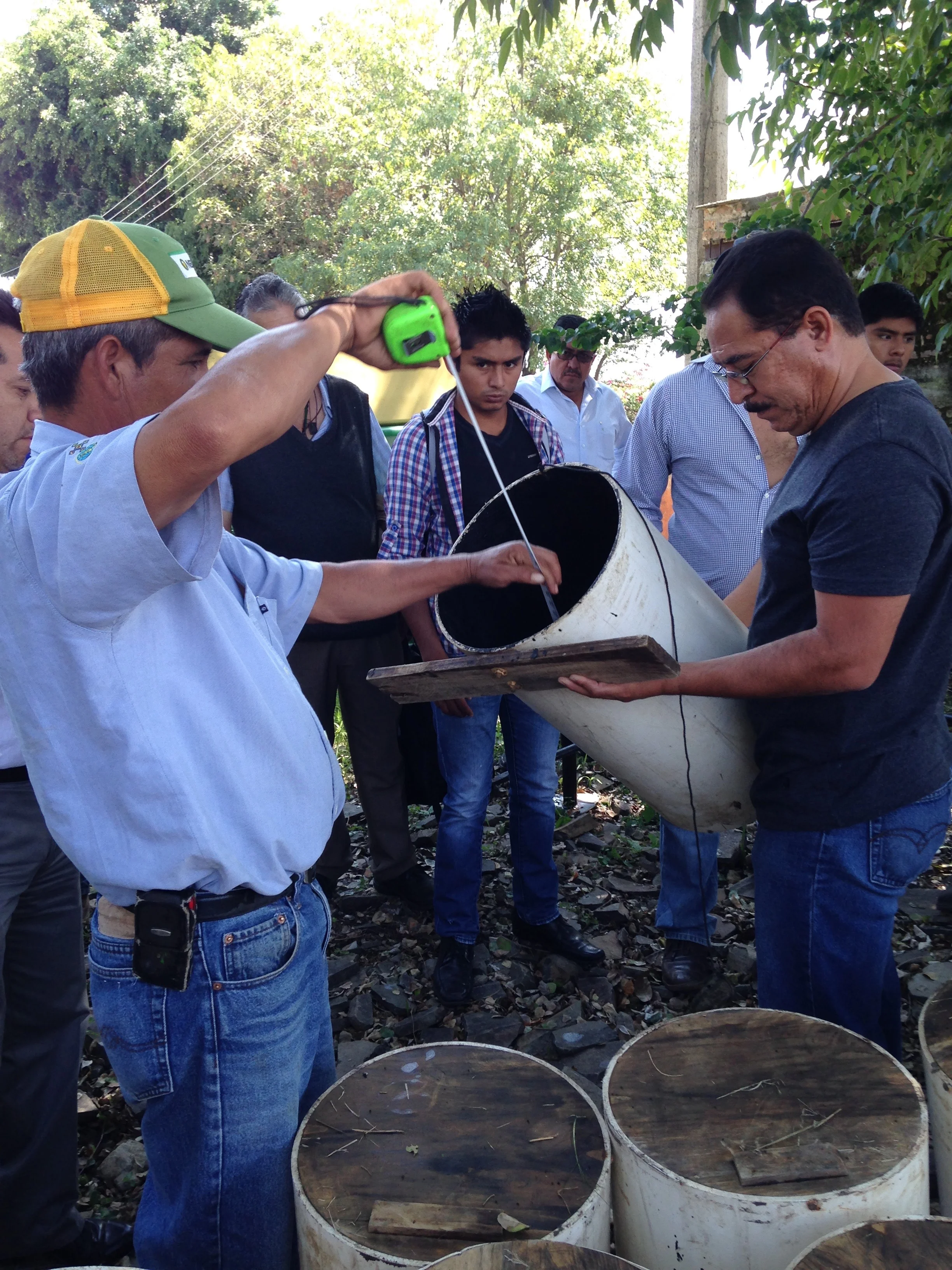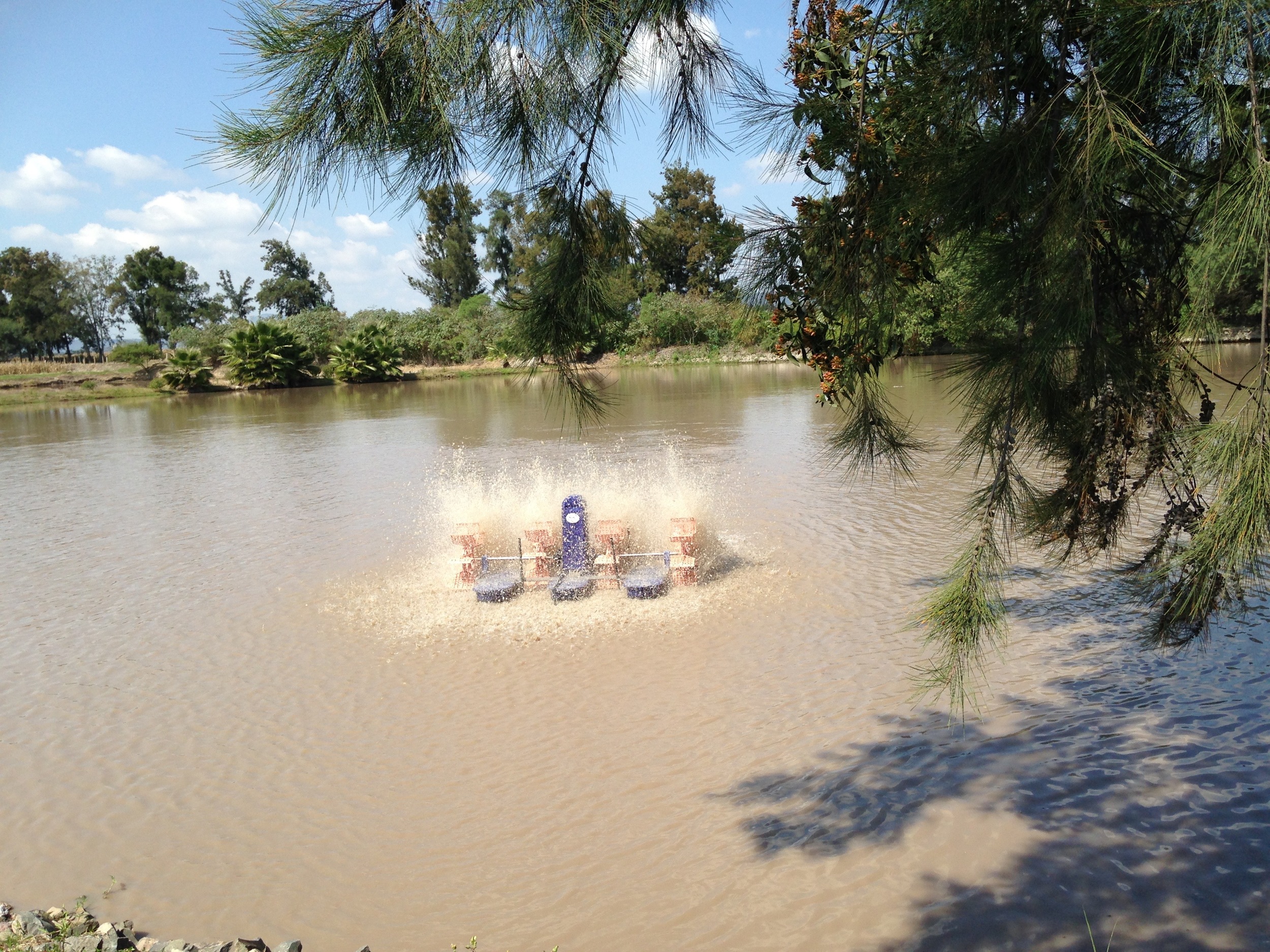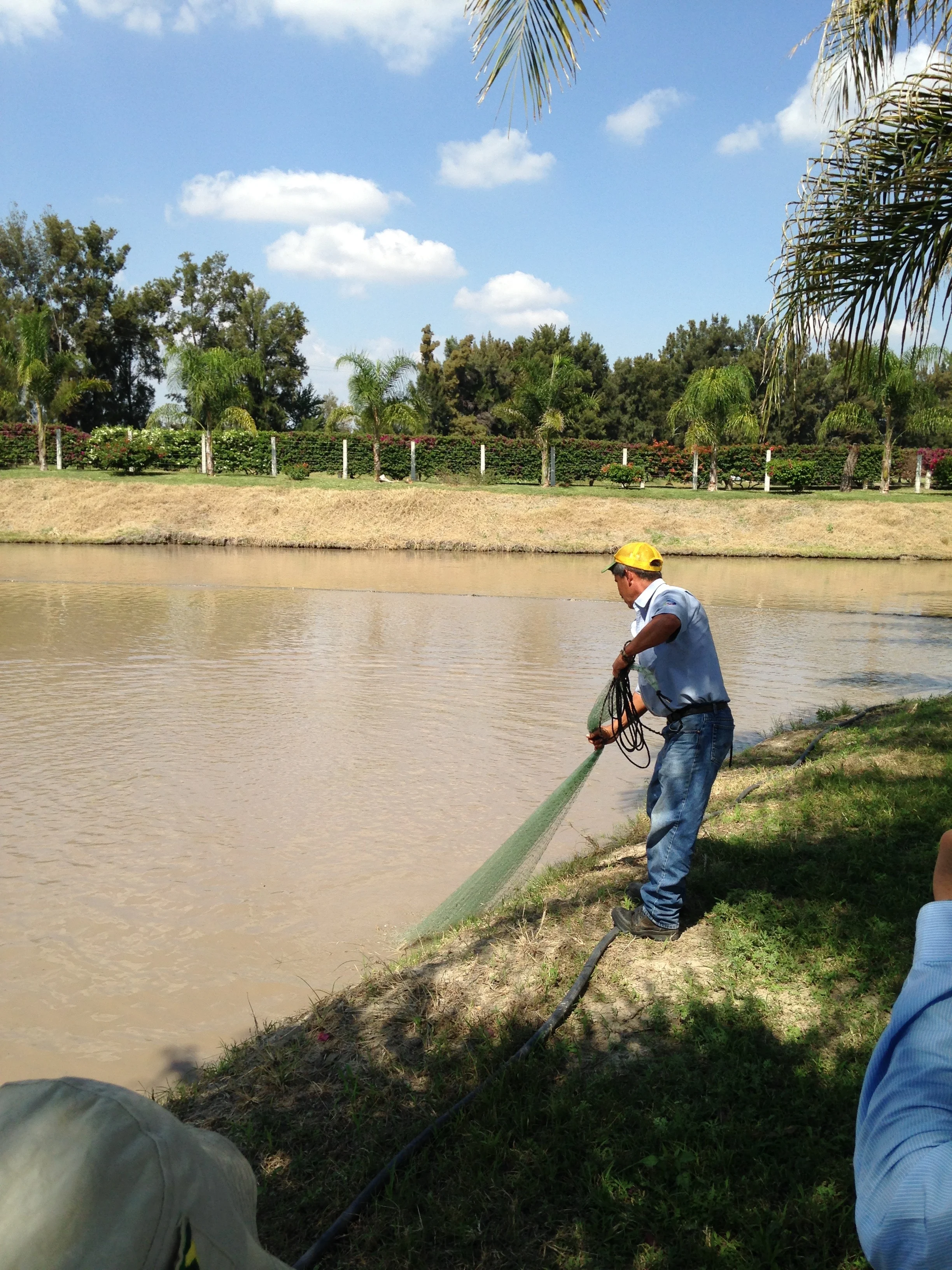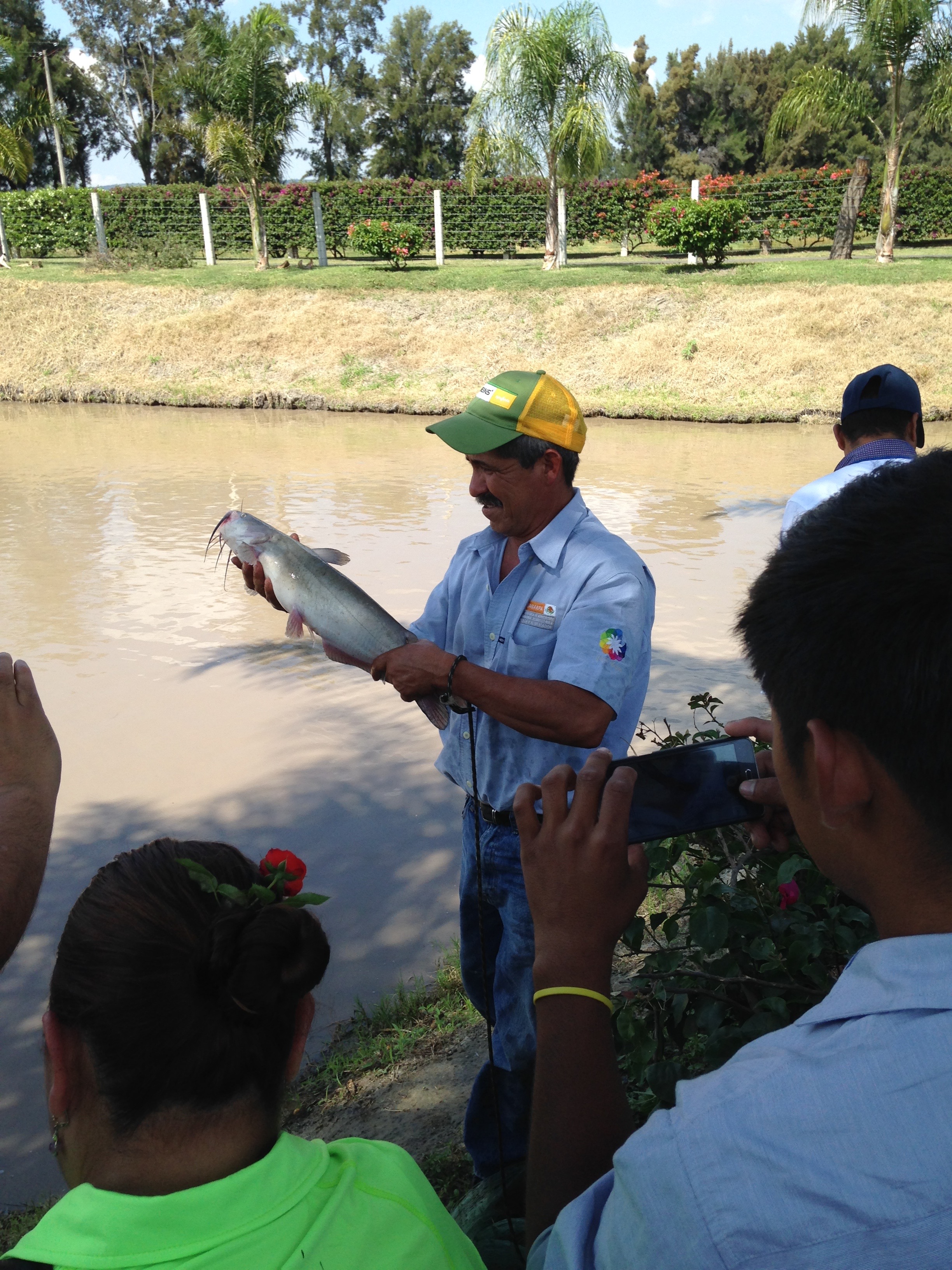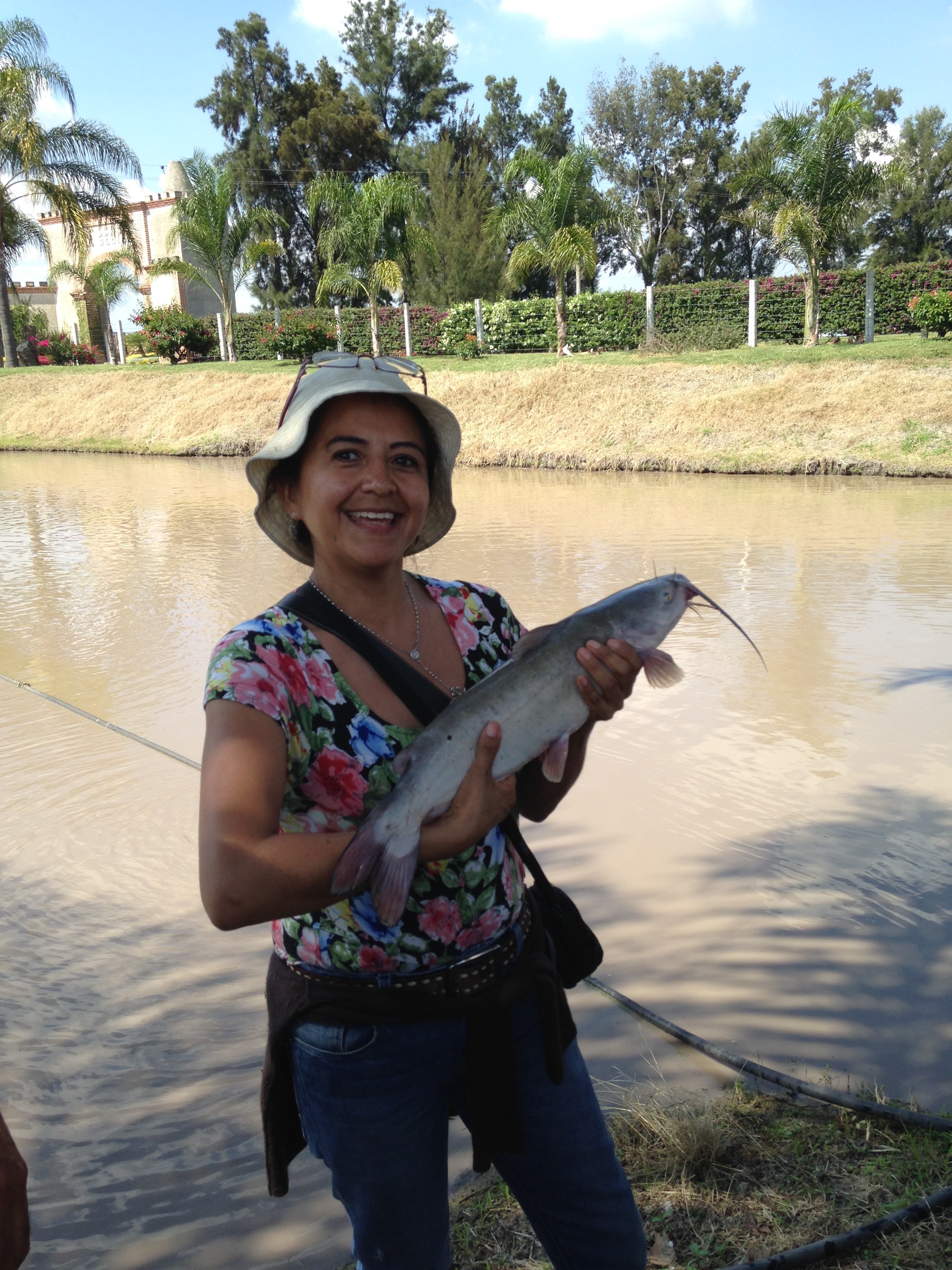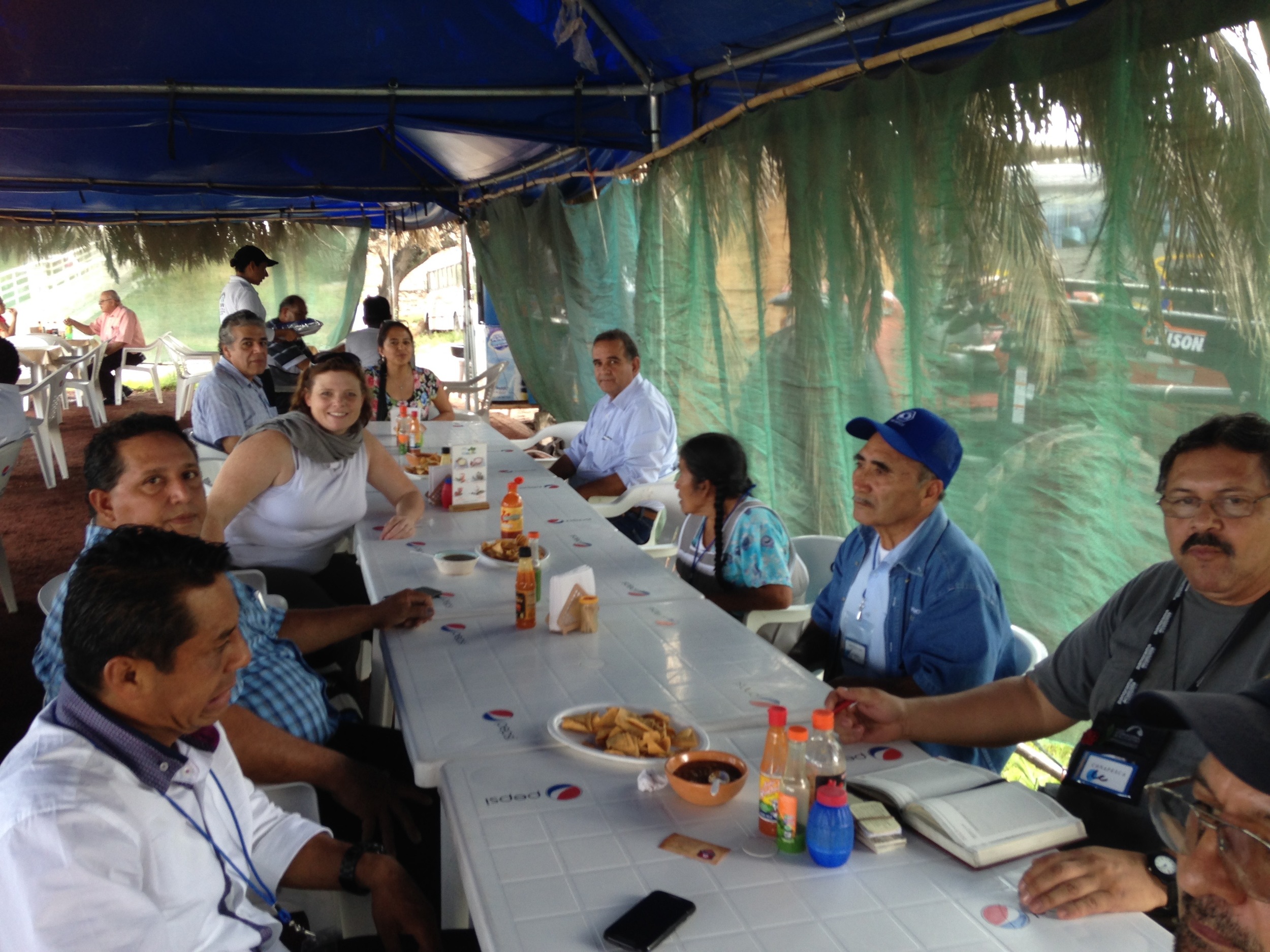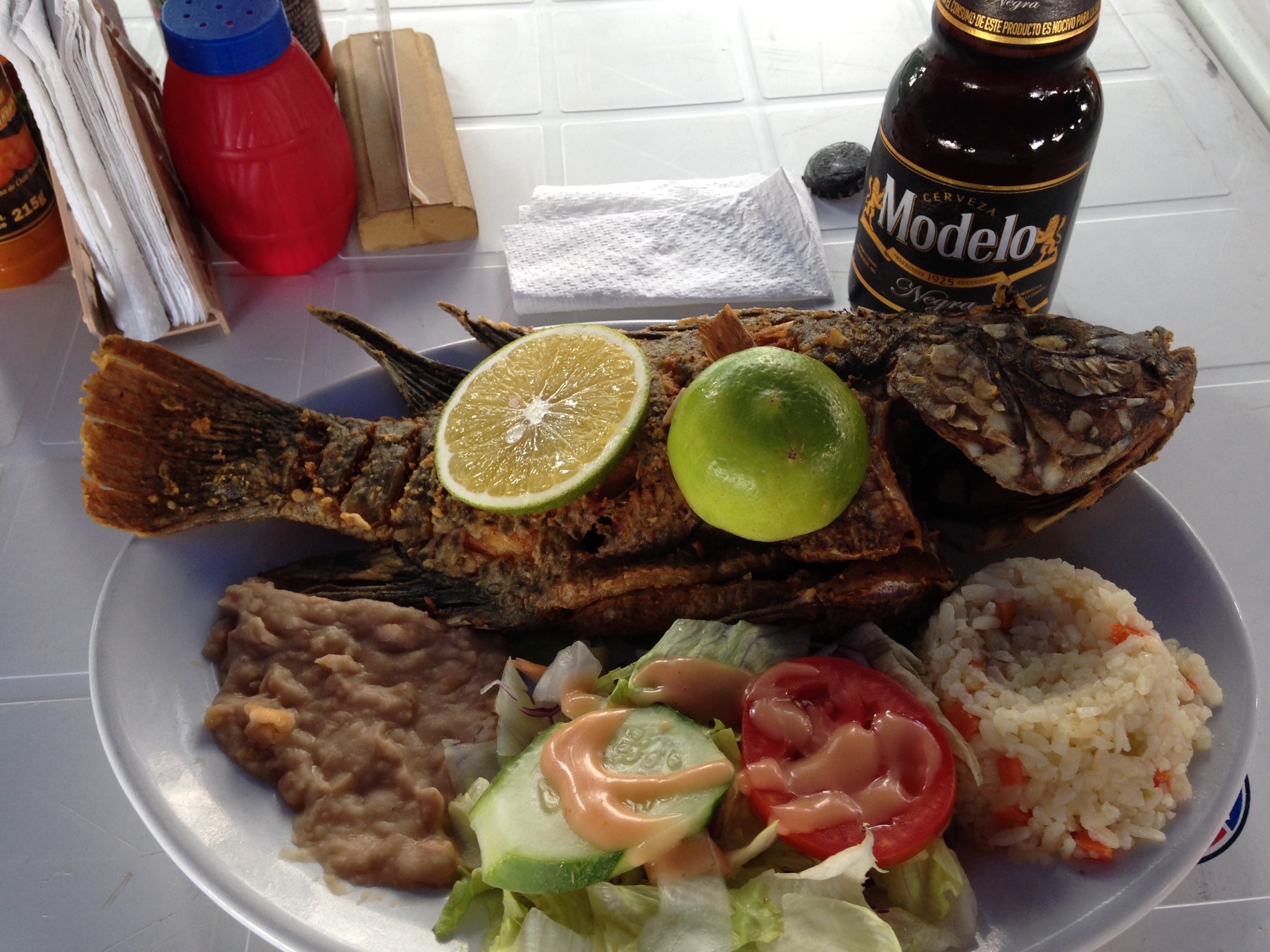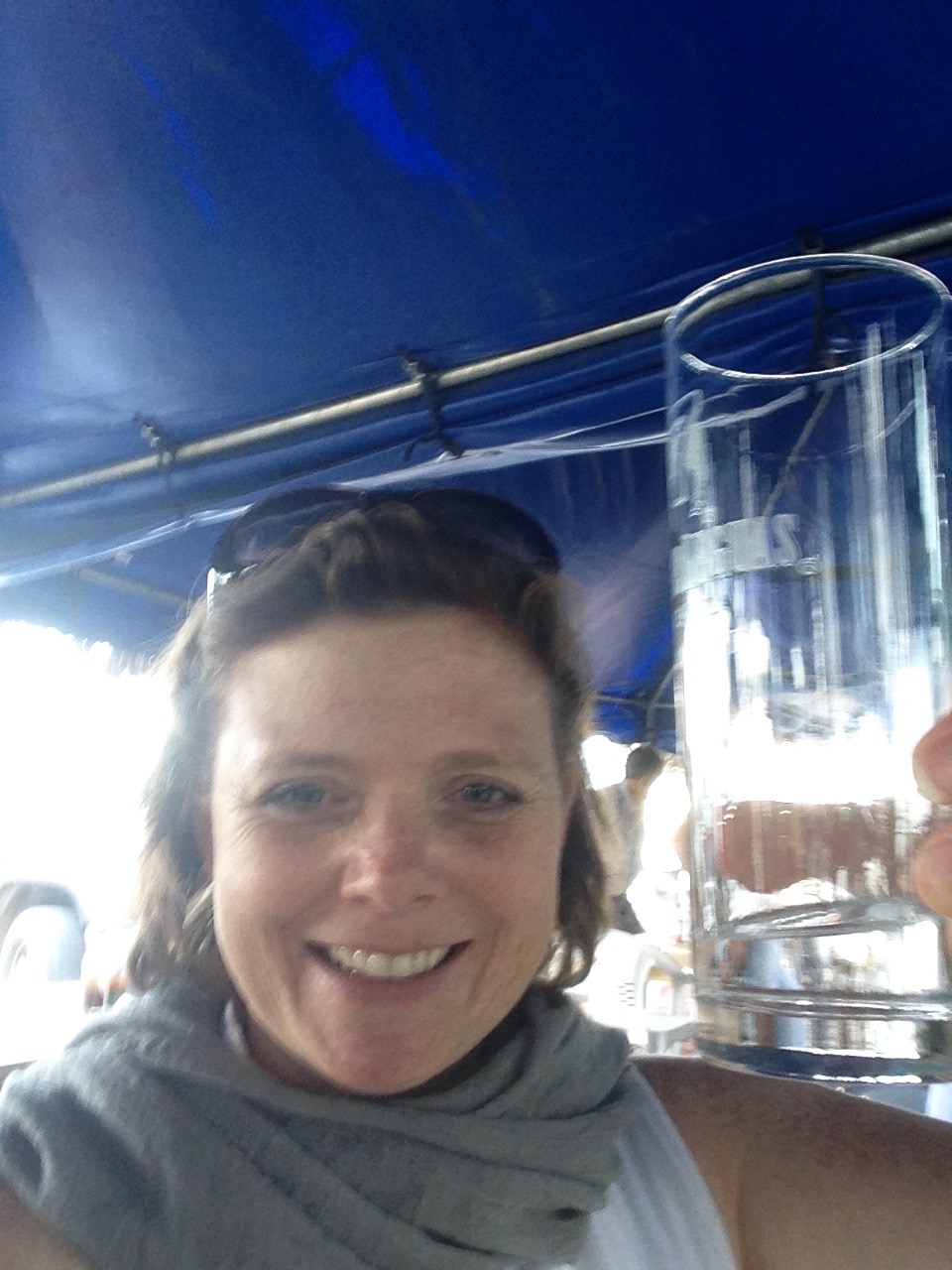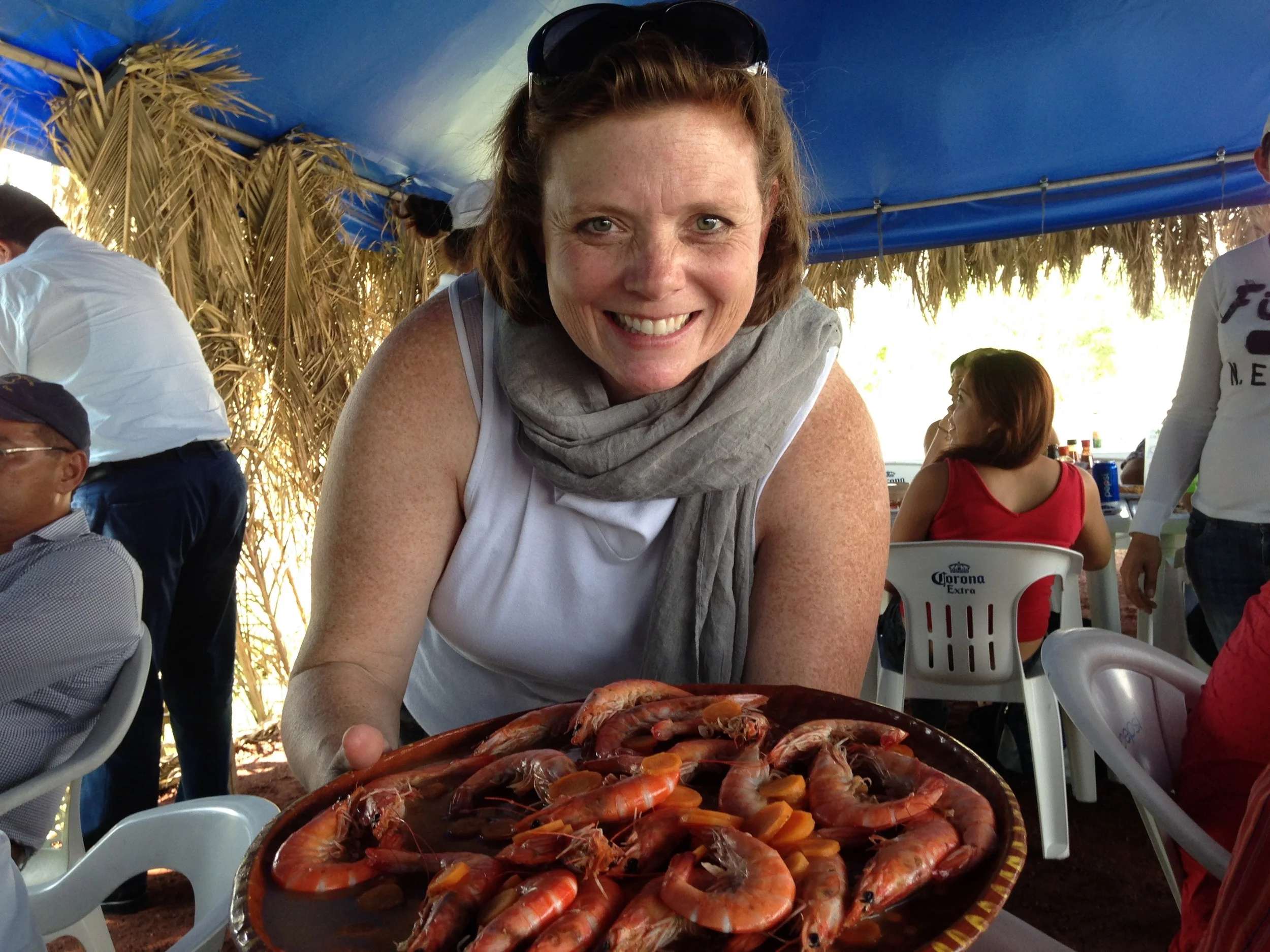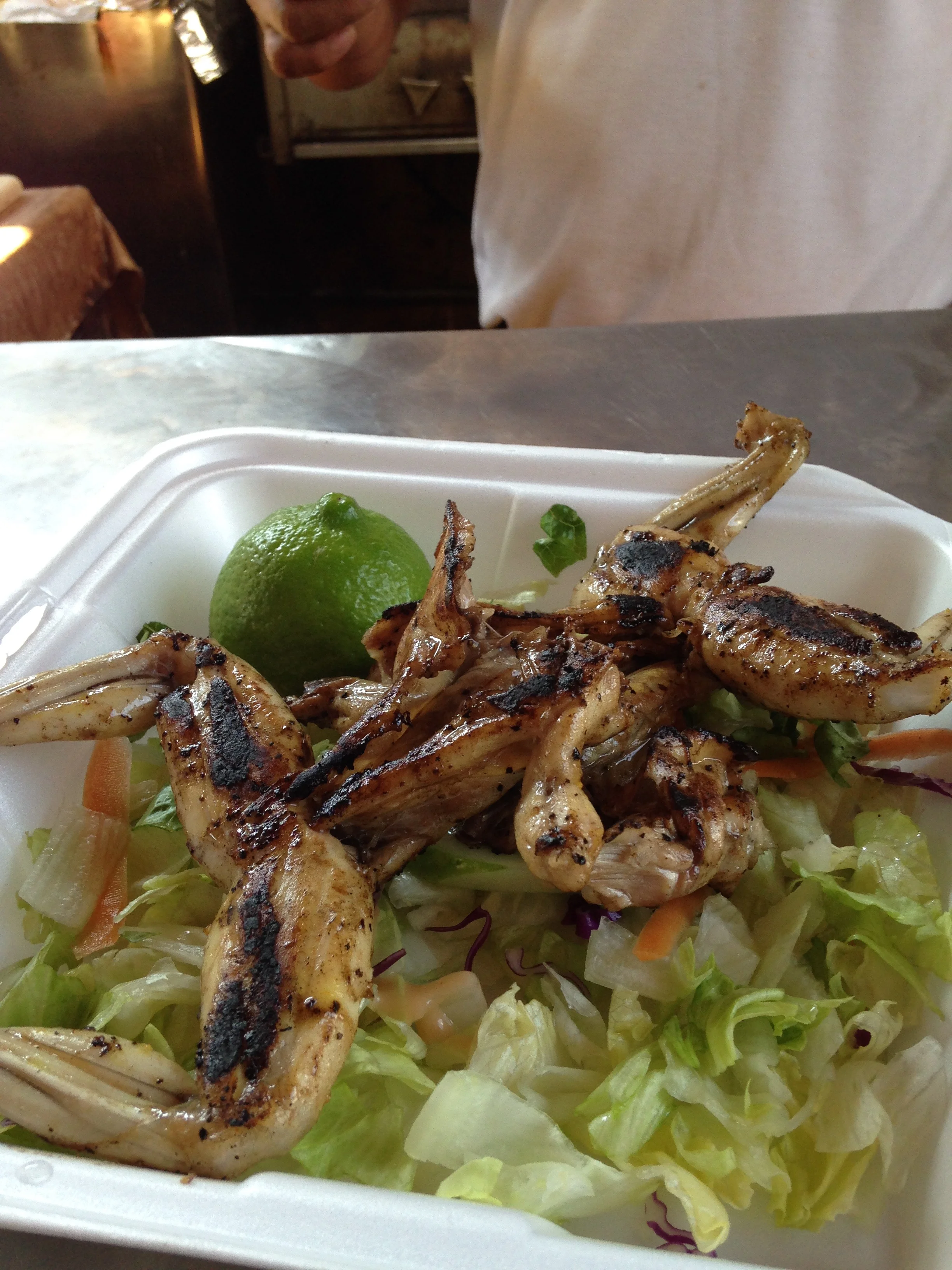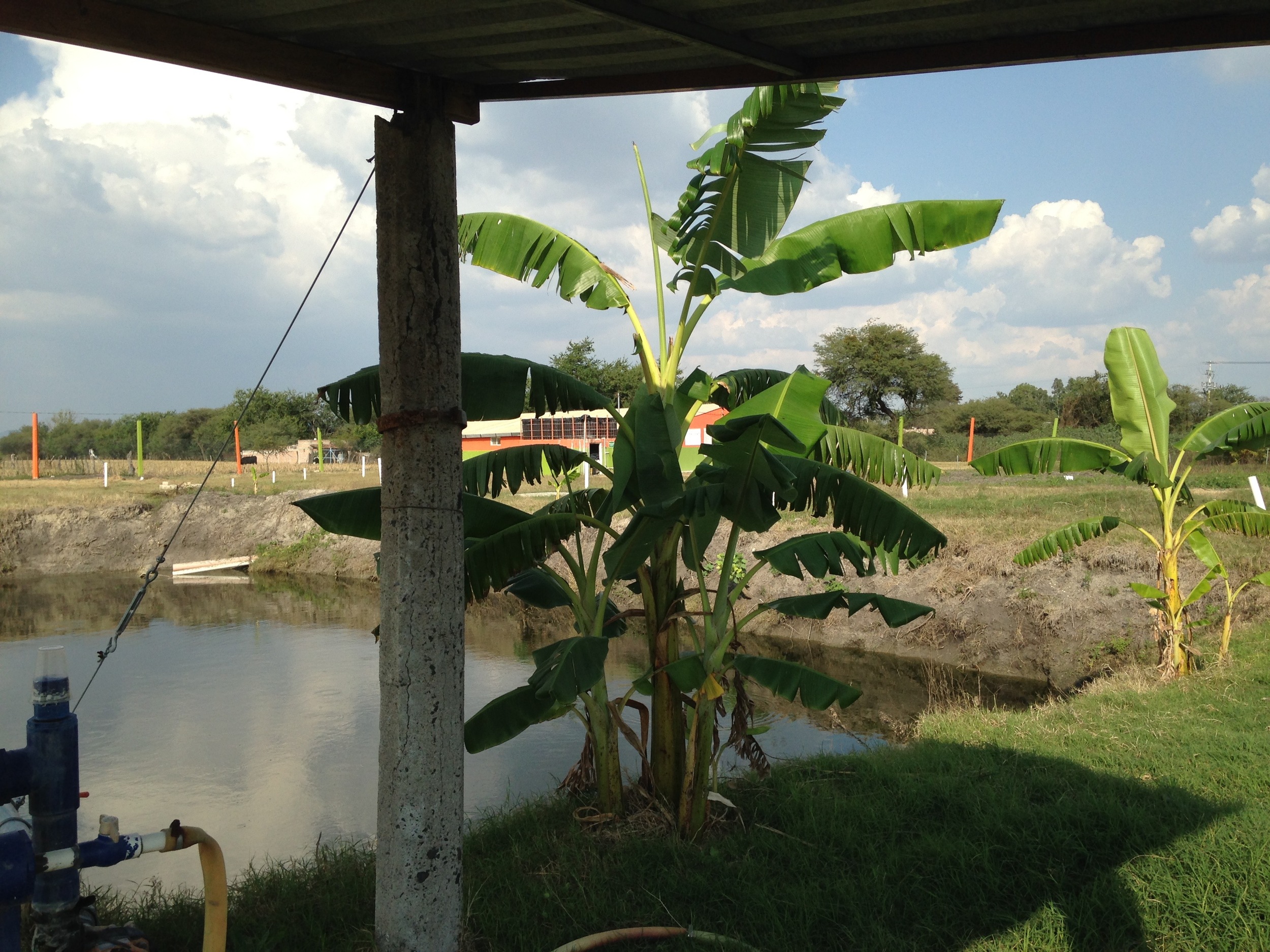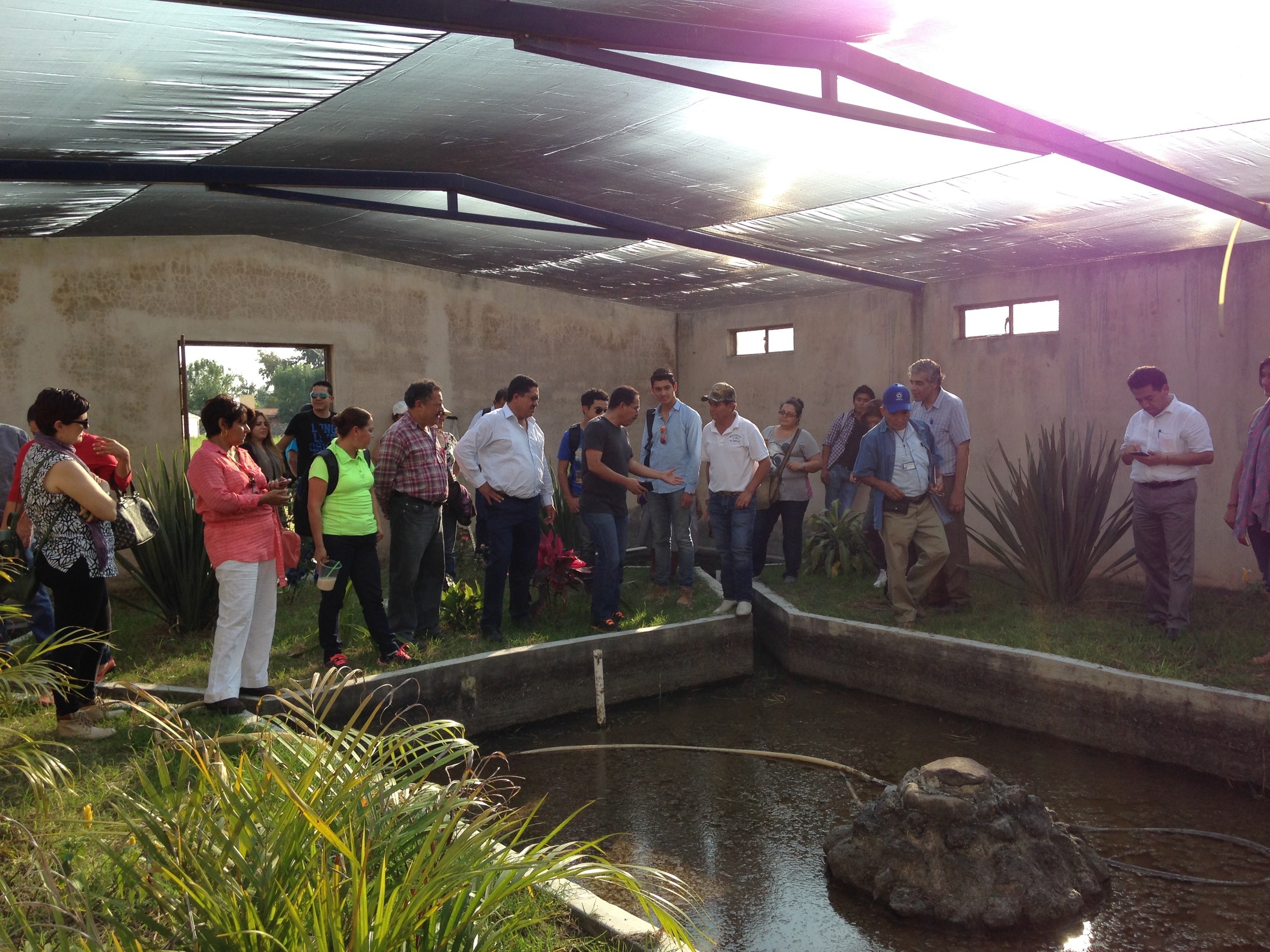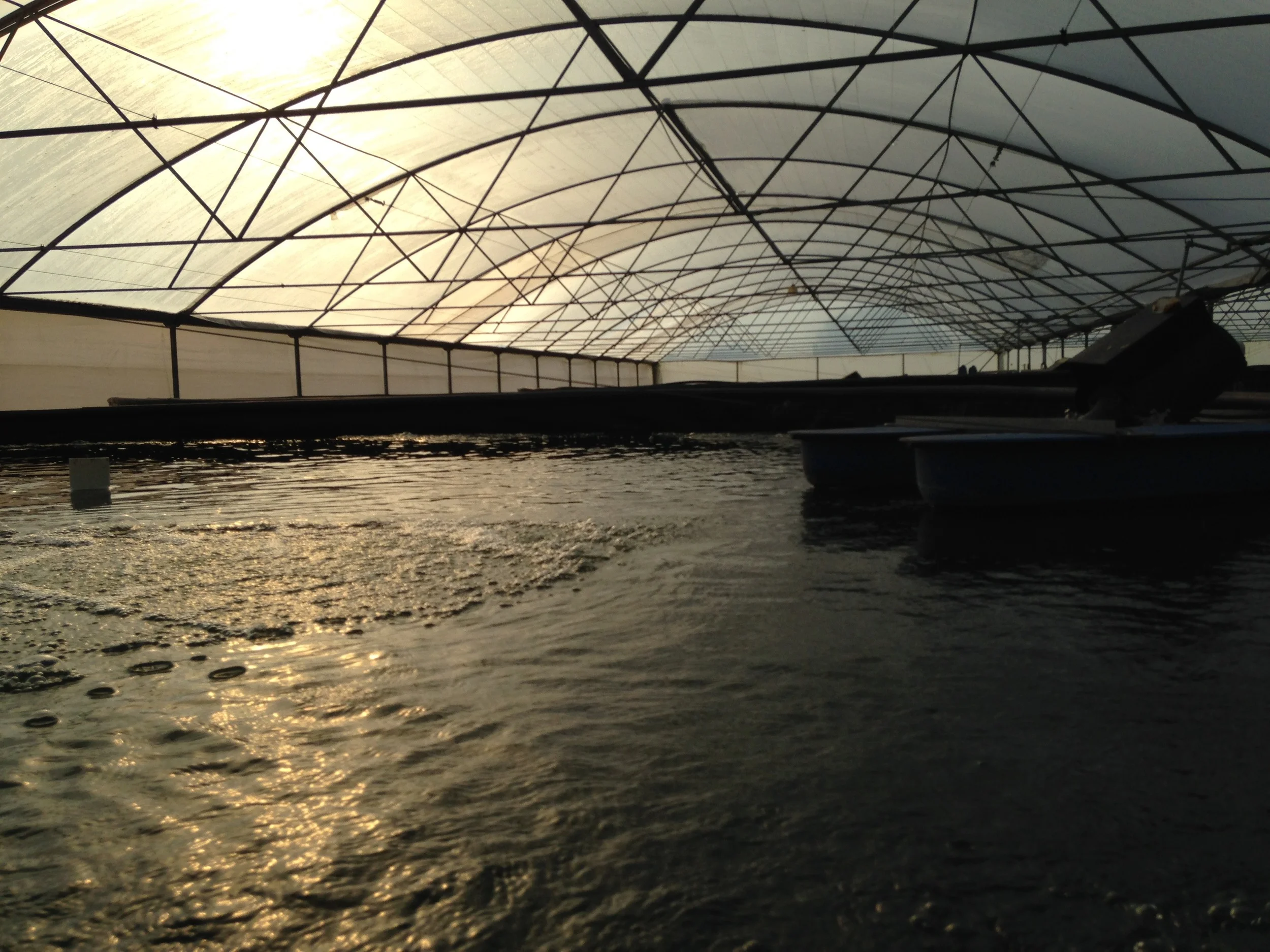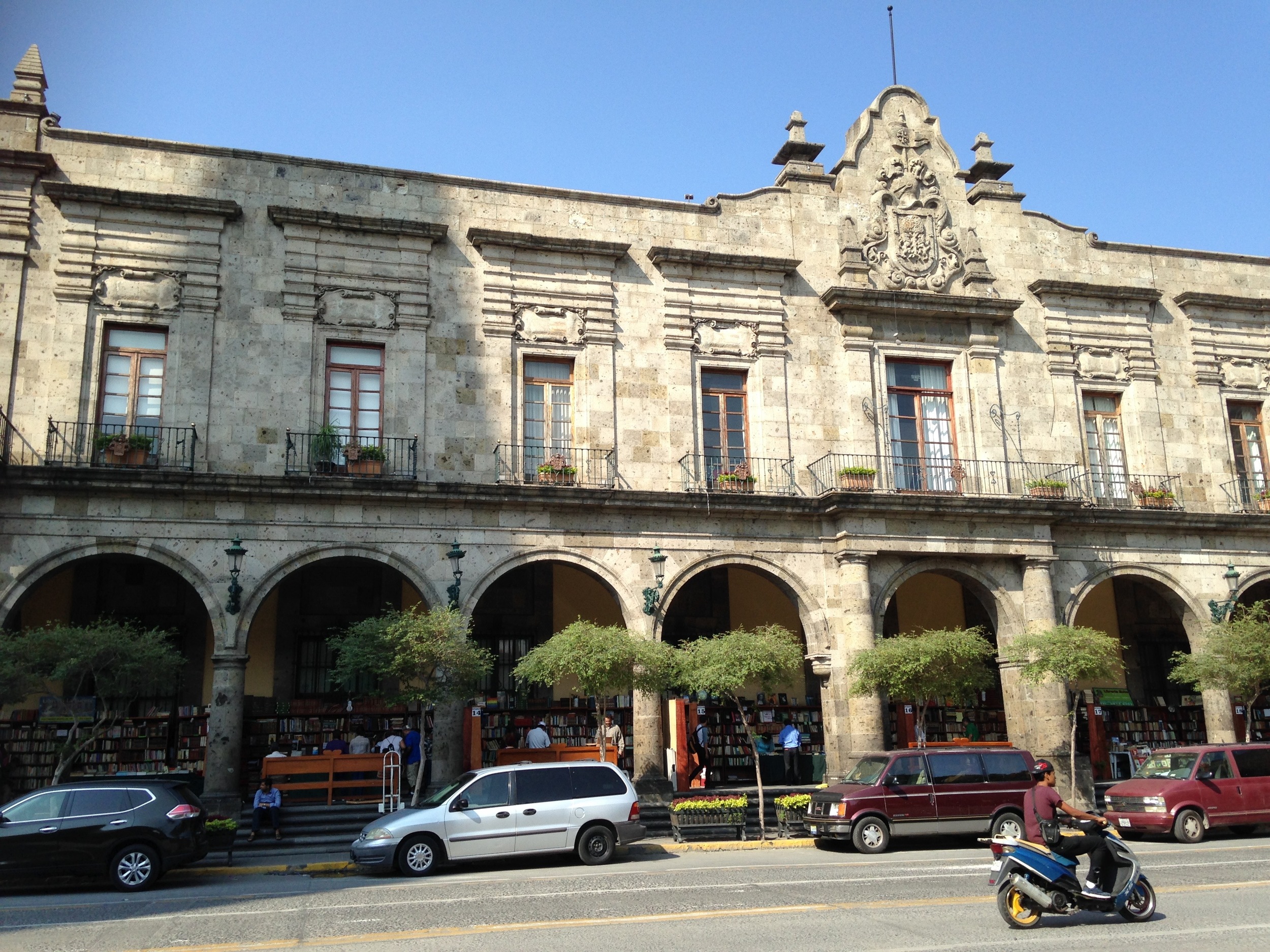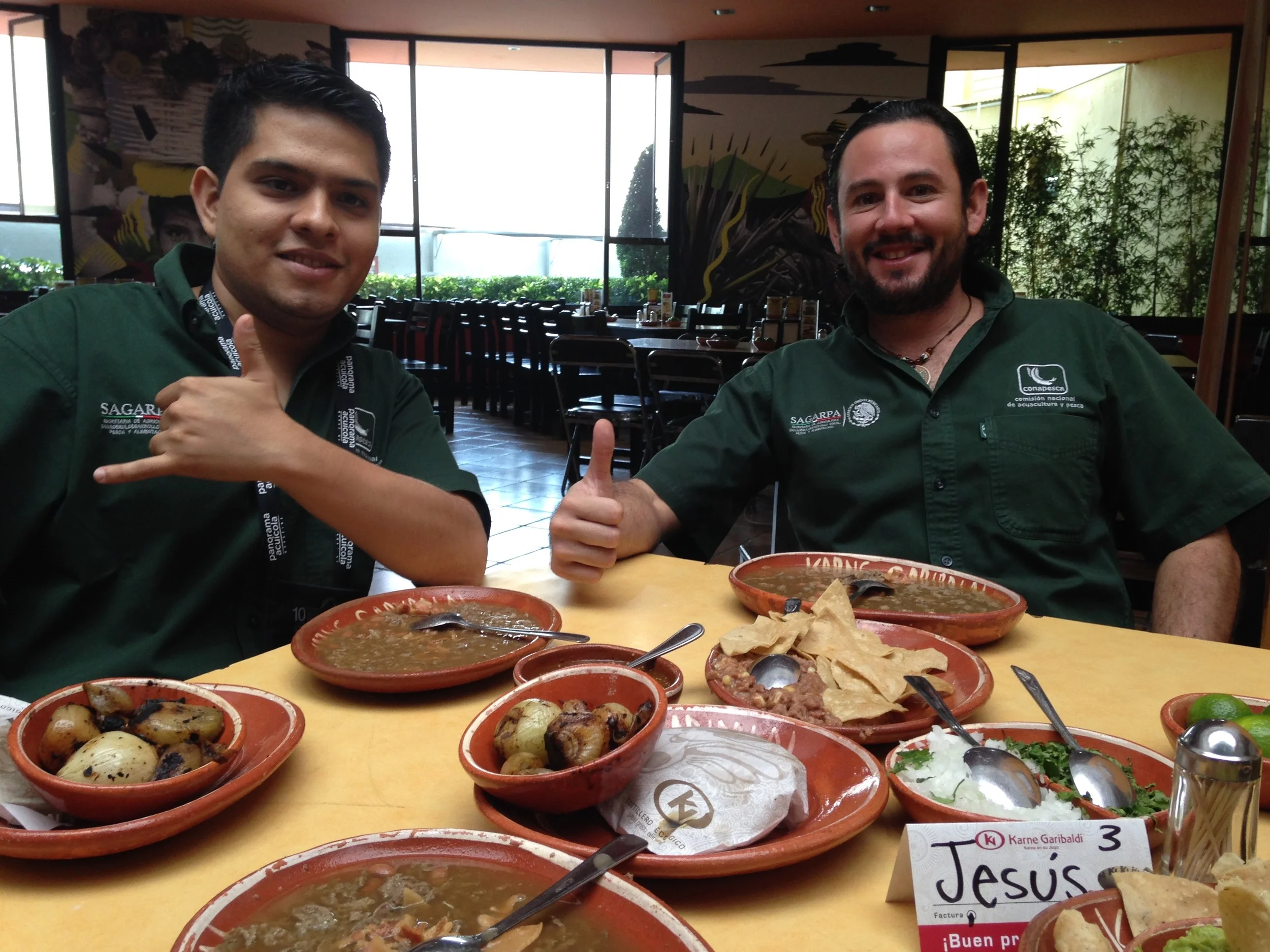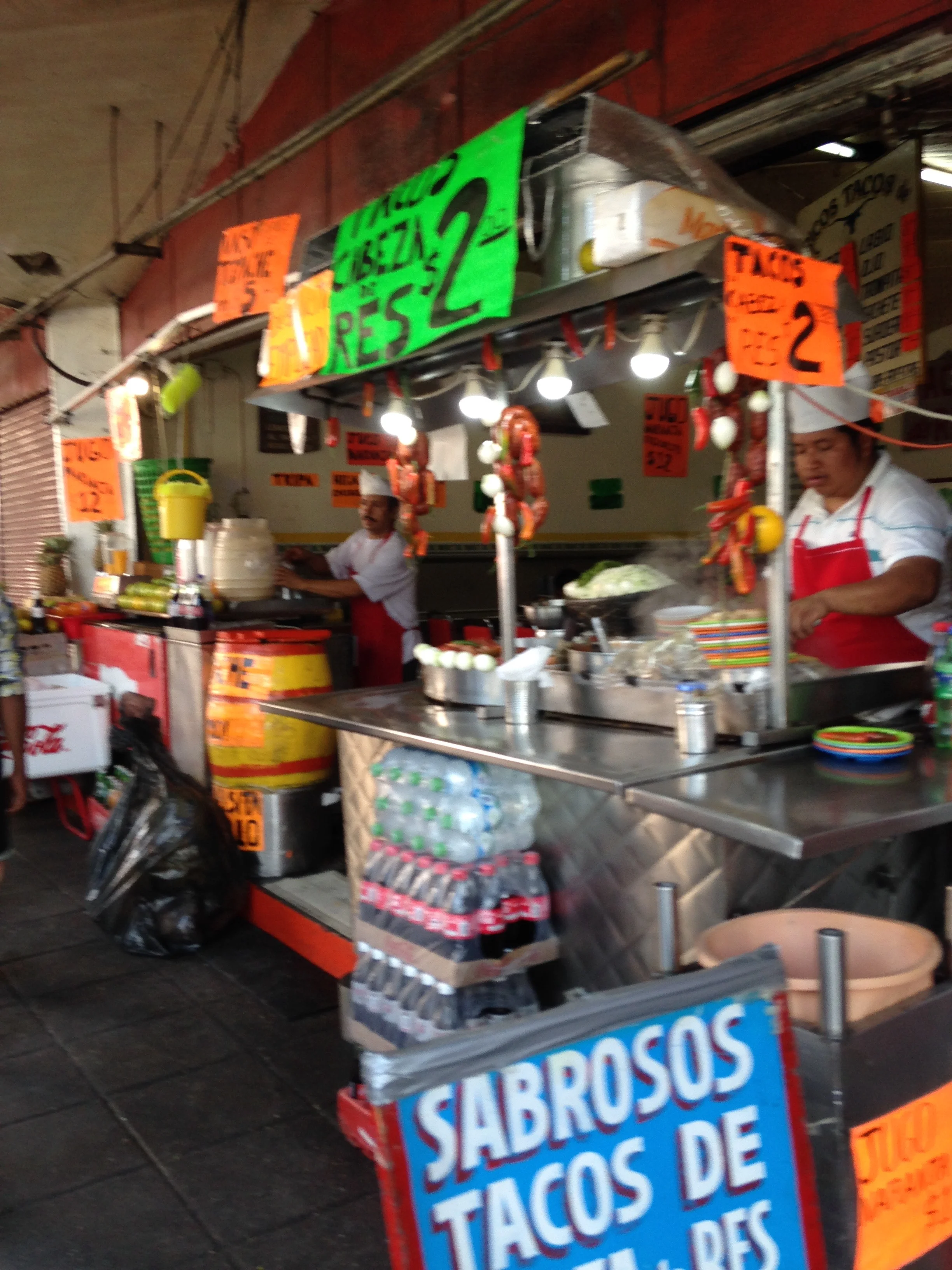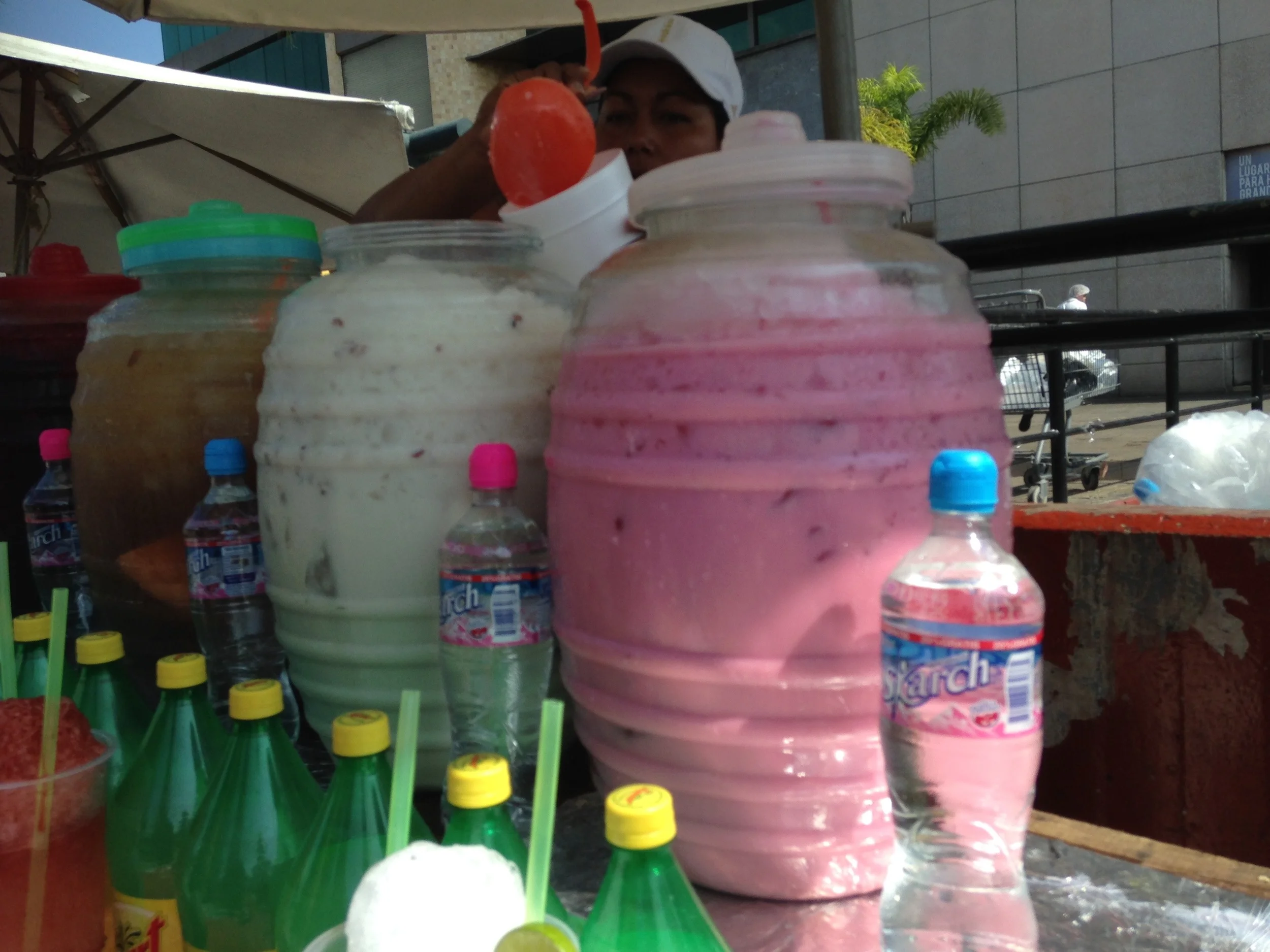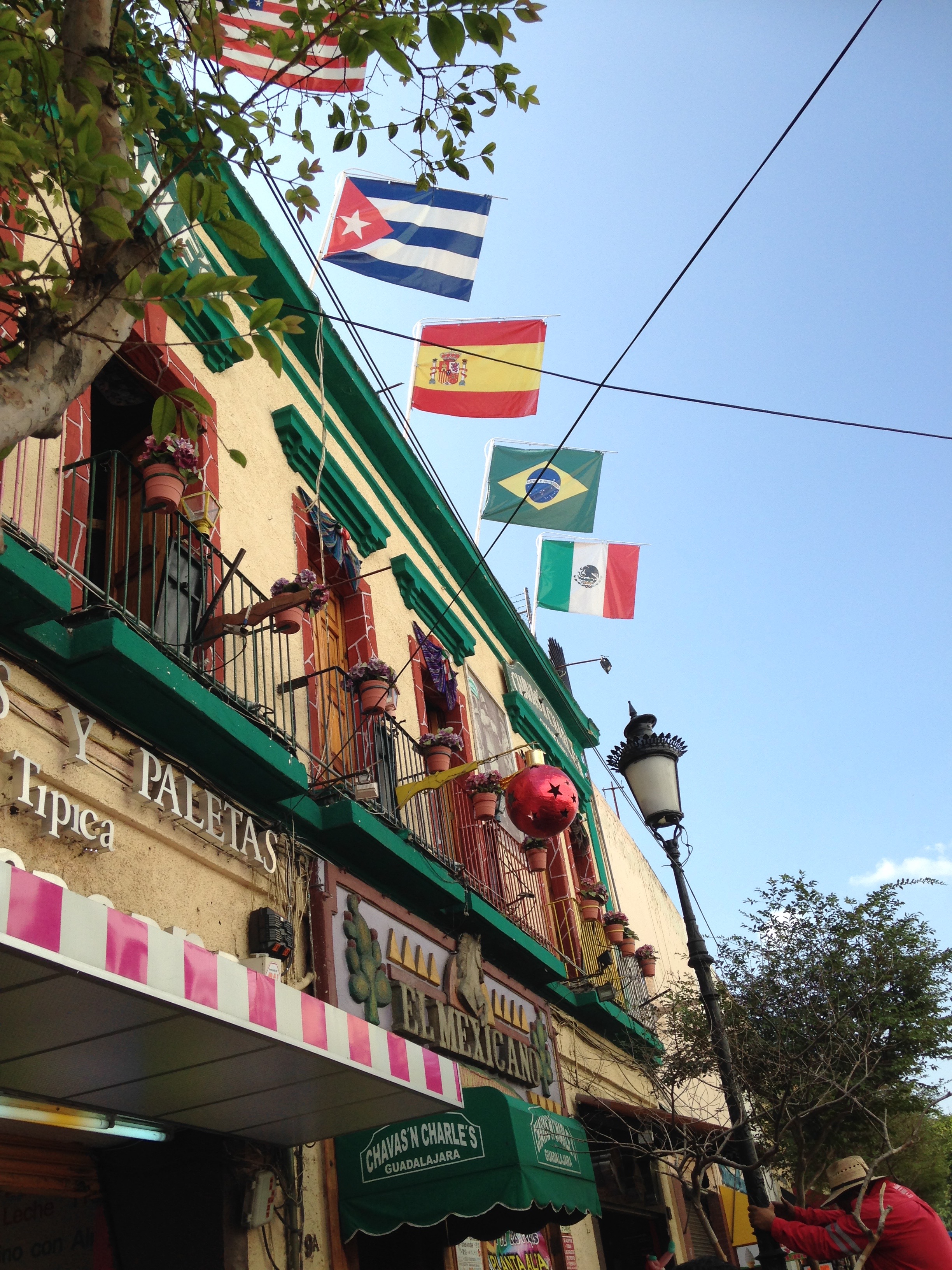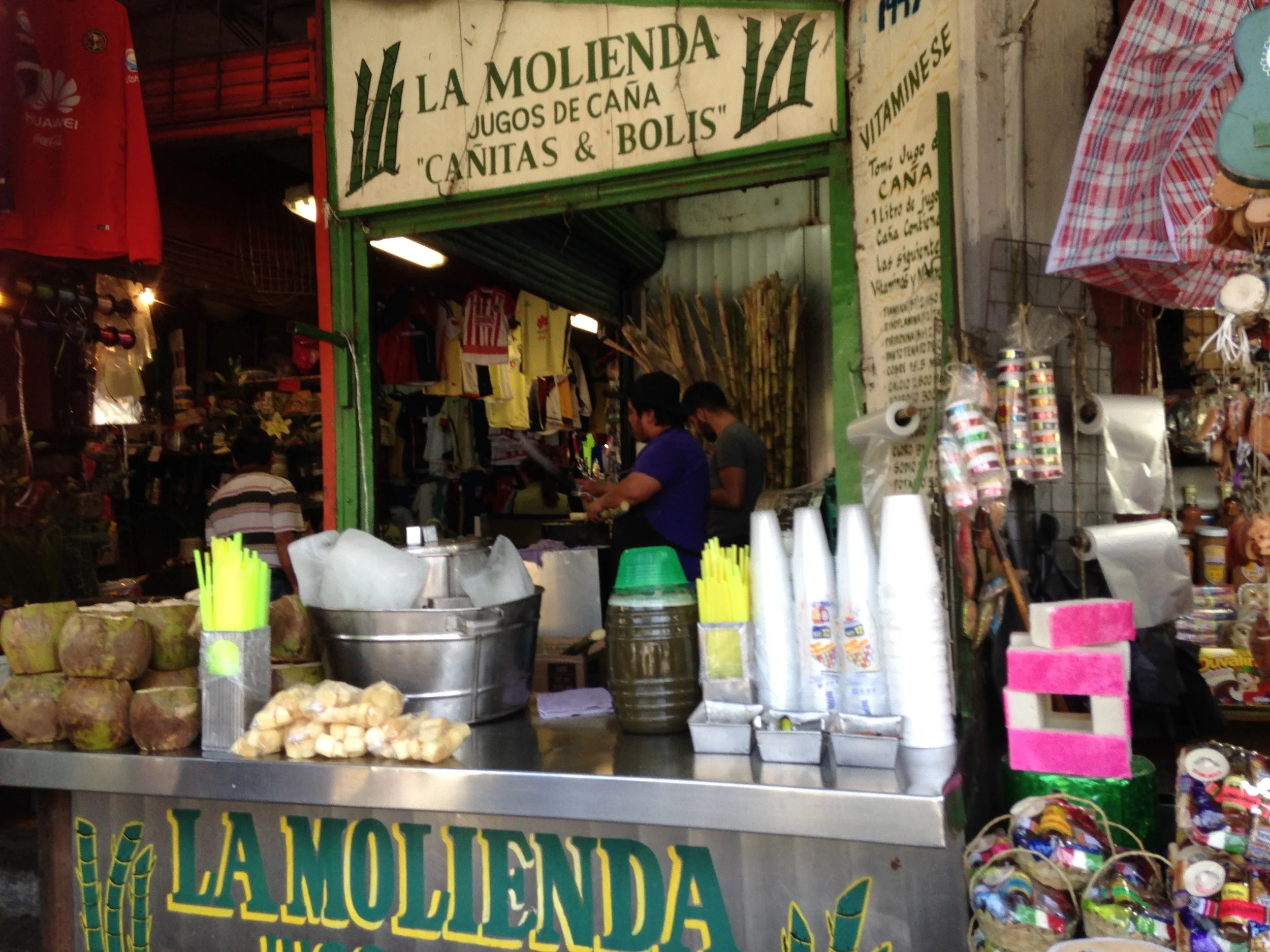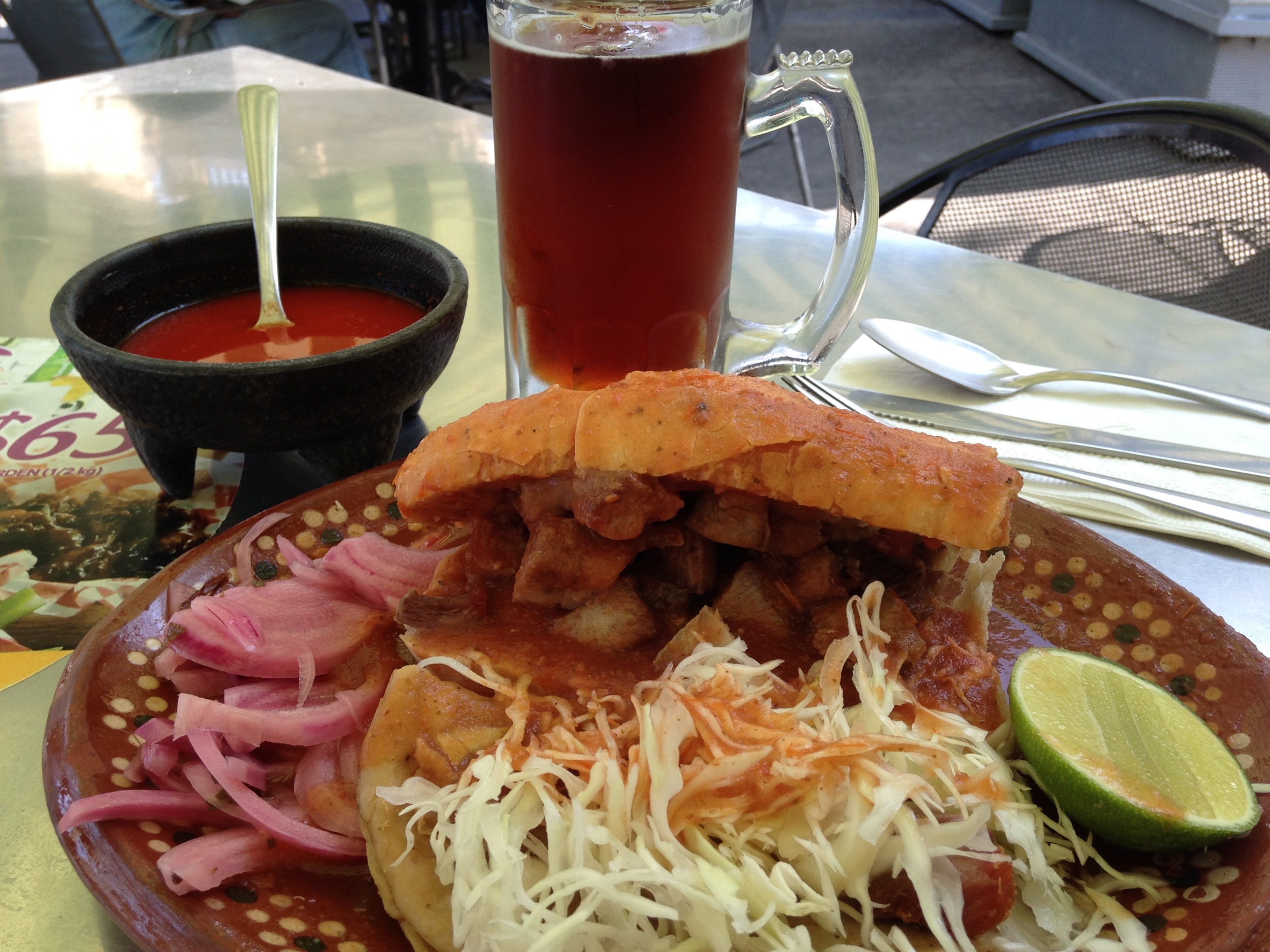our favorite finds from the front lines of food
Watch as 10 Swedish children ages 3-9 taste test oysters to find out what they really think.
Swedish kids are no strangers to seafood. They even have fish paste in tubes! But how do you get kids to embrace the oyster? Brasserie Lipp thinks they have it figured out; you give it to them for free! (Seafood Source)
OK....now what? What will the Brexit mean for UK food? (Eater)
Questions over the sustainability of wild harvested seaweeds lead to cancellation of the Maine Seaweed Festival. Some of the organizers say a 'Gold Rush mentality' as the product gains popularity threatens the industry's future, but harvesters disagree. Thoughts? (Portland Press Herald)
Chewing Over Our New Idea Of 'Better' Food At The Fancy Food Show This past week we were at the Fancy Food Show in NYC and so was the iconic Clark Wolf. Here is a small taste of his take on the state of specialty foods: "It's a history lesson, a geopolitical reflection and a mouthwatering decent into a foo coma of bounty." (Forbes)
Normally eggshells can be disposed of in the garden, crushed up and scattered on flower beds or just thrown into the compost bin, but what do you do when you are a Scotch egg manufacturer facing the problem of how to get rid of 1.5m eggshells a week? You partner with your local university to create a sustainable and cost-effective way to use the shells. (Guardian)
At the first Refugee Food Festival in Paris, chefs in exile show off their skills: From Refugee Chefs, a Taste of Home “Immigrants here are seen in a negative light, as pulling the country down, as having nothing to offer, but in fact they offer a chance to exchange cultures, to bring something positive: The cuisine of a place gives pleasure.” (New York Times)
From noodles to poodles The tastes of China’s consumers are rapidly changing "Brands that promise healthy lifestyles are also thriving. In a recent survey, the top complaint by Chinese consumers was poor food safety and the next biggest grouse was shoddy health care. These attitudes have helped restaurants and supermarkets with names like 'Element Fresh' and 'Pure and Whole' spread like organic mushrooms across the land." (Economist)
As Chinese, Iranian and Indonesian As Apple Pie A great look at the diverse origins of our favorite foods, but this quote is too fun to not call out: "By the turn of the 20th century, pie had become 'the American synonym for prosperity,' as The New York Times proclaimed in a 1902 editorial. 'Pie is the food of the heroic. No pie-eating people can ever be permanently vanquished.'" (NPR, The Salt)
Even Vogue is talking about shrimp: Should We Really Be Eating Shrimp? A simple dinner-party question—should one eat shrimp?—sets off on an ethical and gastronomic journey. (Vogue)
Kellogg’s Is Opening Its First-Ever Permanent Café Dedicated Entirely to Cereal in Times Square Get in line for "cereal innovation and delicious experimentation," otherwise known as cereal from the box with fancified toppings like thyme, white chocolate and matcha (not all in the same bowl). (Laughing Squid)










